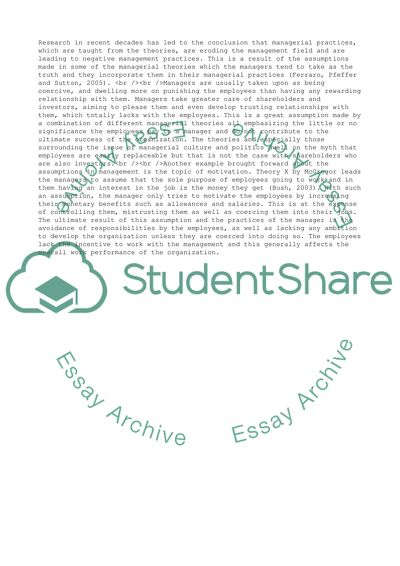Cite this document
(Management Theory and Practice Article Example | Topics and Well Written Essays - 1750 words, n.d.)
Management Theory and Practice Article Example | Topics and Well Written Essays - 1750 words. https://studentshare.org/management/1855938-management-theory-and-practice
Management Theory and Practice Article Example | Topics and Well Written Essays - 1750 words. https://studentshare.org/management/1855938-management-theory-and-practice
(Management Theory and Practice Article Example | Topics and Well Written Essays - 1750 Words)
Management Theory and Practice Article Example | Topics and Well Written Essays - 1750 Words. https://studentshare.org/management/1855938-management-theory-and-practice.
Management Theory and Practice Article Example | Topics and Well Written Essays - 1750 Words. https://studentshare.org/management/1855938-management-theory-and-practice.
“Management Theory and Practice Article Example | Topics and Well Written Essays - 1750 Words”. https://studentshare.org/management/1855938-management-theory-and-practice.


